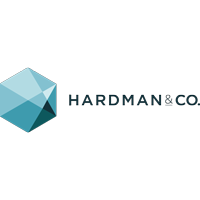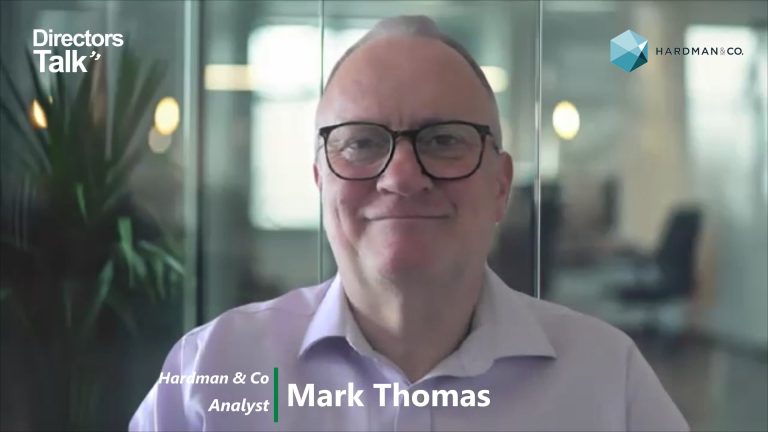Genedrive PLC (LON:GDR) is the topic of conversation when Hardman and Co’s Life Sciences Analyst Dorothea Hill caught up with DirectorsTalk for an exclusive interview.
Q1: First of all, can you explain for us what the company does and the significance of the recent fundraise?
A1: Genedrive plc is a specialist biotechnology company, it’s recently refocussed its operations to focus on developing molecular diagnostics. Its proprietary technology is also called Genedrive and this in essence is a diagnostics platform based on detecting genes associated with particular diseases.
So, in practice, what this looks like is a hand-held PCR device and this allows real time analysis of blood samples, for example to allow detection of infections such as hepatitis C virus. I think it’s really important to point out that this can be used in the field, at the point of care or the point of need without patients having to travel to centralised facilities such as large hospitals.
In terms of your question, the fundraise and its significance, what this really allows is for the company to progress to its next phase and this means progressing to full commercialisation of its 3 priority assays that can be used on the device.
Q2: Just going back to the fundraise, how will the proceeds be allocated?
A2: Well, in the fundraise which was in November of this year, a total of £6 million was raised, through a combination of a placing of new shares for £3.5 million and also £2.5 million of debt financing. This really should be sufficient to support delivery of commercialisation within the next 3 years.
In the case of the Genedrive tests, there’s the hepatitis C test I mentioned just now, also tuberculosis test and then a third assay, its development has been more recently initiated which is going to be used to prevent adverse reactions to gentamicin antibiotics in babies. This will mean expenditure on things like late stage clinical trials, on refining the kits and the technology, focus on the approvals process, and of course will help to underpin additional partnership deals going forward.
Q3: At what stage is the technology currently at?
A3: The device itself and the hepatitis C kit are already de-risked. So, the company had its first product sales in its 2018 financial year and these were underpinned by full CE marking and also partnership agreements with two well-known distributers all in that financial year.
In addition, the technology has also been validated by the company forming partnerships with partners such as the NHS in England, with the Global Health Investment Fund, the US Department of Defence and then also, most recently, with AbbVie who are sponsoring a new trial of the technology in real-world settings in Scotland, Wales and Australia.
So, really this trial has been designed to look at the real-world utility of diagnosing hepatitis C in people who inject drugs, which is of course a particularly high-risk population and who may just be unable to access the bigger hospitals or centralised testing facilities.
Q4: So, why do you consider the commercial potential of the technology so great?
A4: I think, most obviously, infectious diseases are still the major worldwide health problem, tuberculosis on its own is the leading cause of death from infectious diseases worldwide but this does also present an opportunity.
Early diagnosis of infectious diseases like HCV and TB at the point of care, with specialist technology like Genedrive which has been specifically designed to cope with the environmental conditions that are encountered in the field, will allow earlier treatment, and early treatment is crucial in preventing transmission of the disease to new people. So, clearly on this basis alone, the commercial potential is very very large, but it does depend on accessing these patients.
So, the company’s strategy is to partner with distributers, for example Sysmex Corporation and Arkey in India, who specialise in global health and particularly specialise in emerging markets, and this is already supporting sales growth.
Our forecasts for sales of Genedrive products are around £7 million within the next 3 years and this is a conservative estimate because it is only based on the current distribution arrangements that are in place. Clearly, every additional partnership and every launch into a new territory will have the potential to accelerate the rate of growth further.
Q5: What do you think of the current valuation?
A5: Well, what I can say is the company is currently trading on a market capitalisation of around £7 million and this is clearly in contrast to the £25 million that it’s invested in the platform to date. So, I would say that since the technology has been de-risked, it’s generating sales, and that the company has secured important partnership, I think that the market is taking an overly pessimistic view at present.









































